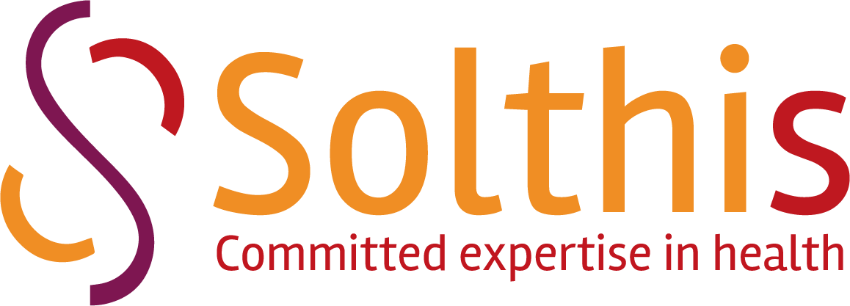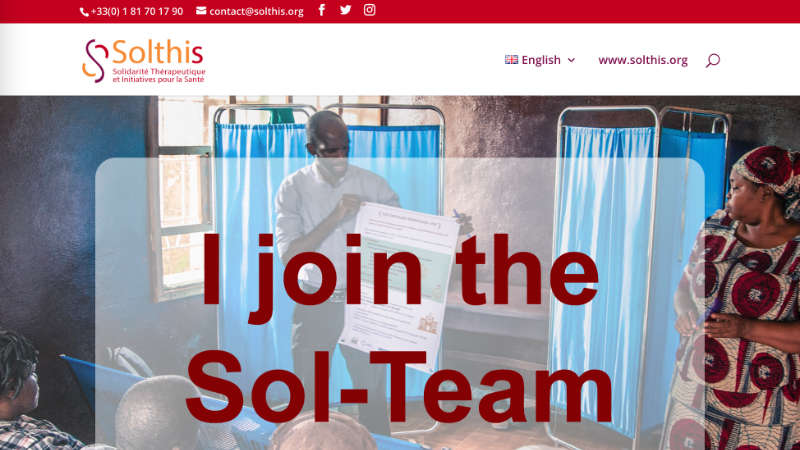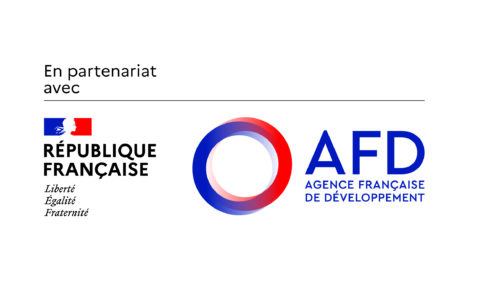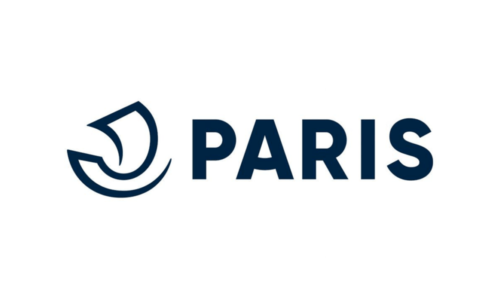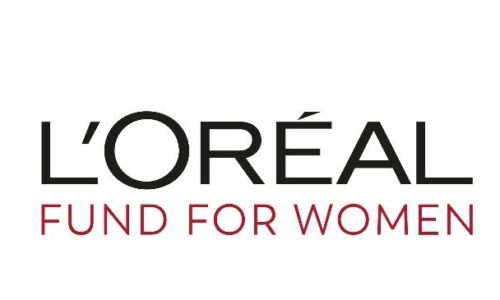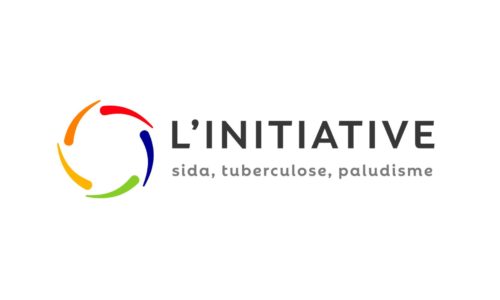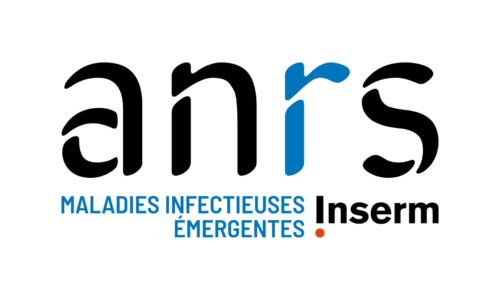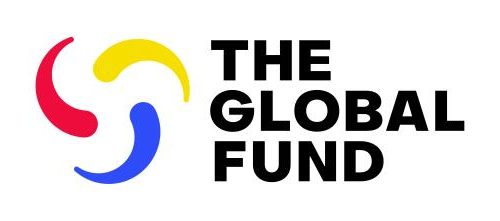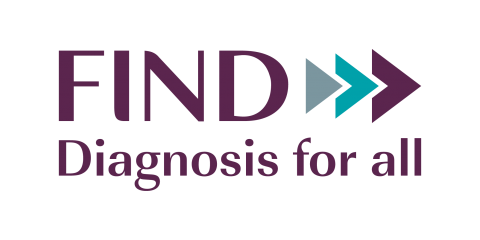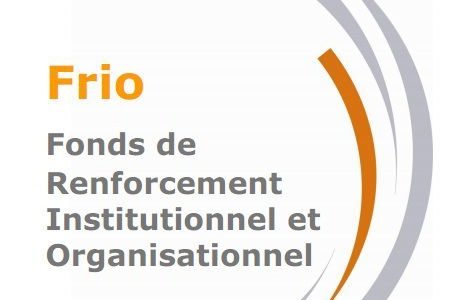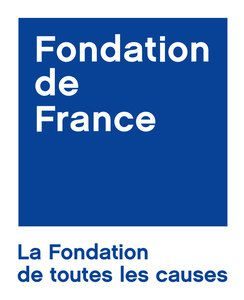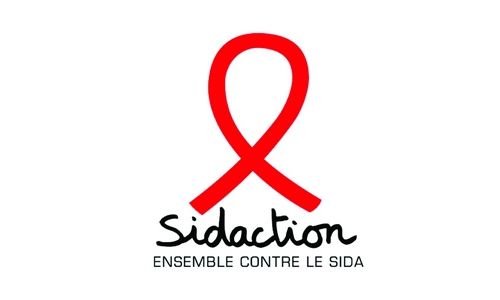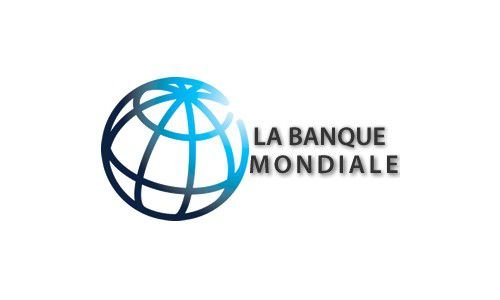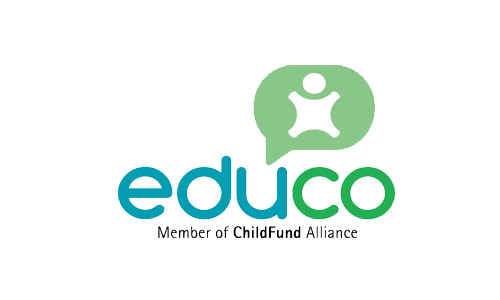Nos projets
SENEYA – Acting for the environment and health in the face of climate change in Senegal
3 March 2025
SENEGALCAPACITY BUILDINGCapacity building and empowermentCommunity mobilisation and health promotionHEALTH INFORMATION SYSTEMOur areas of expertisePromoting One health
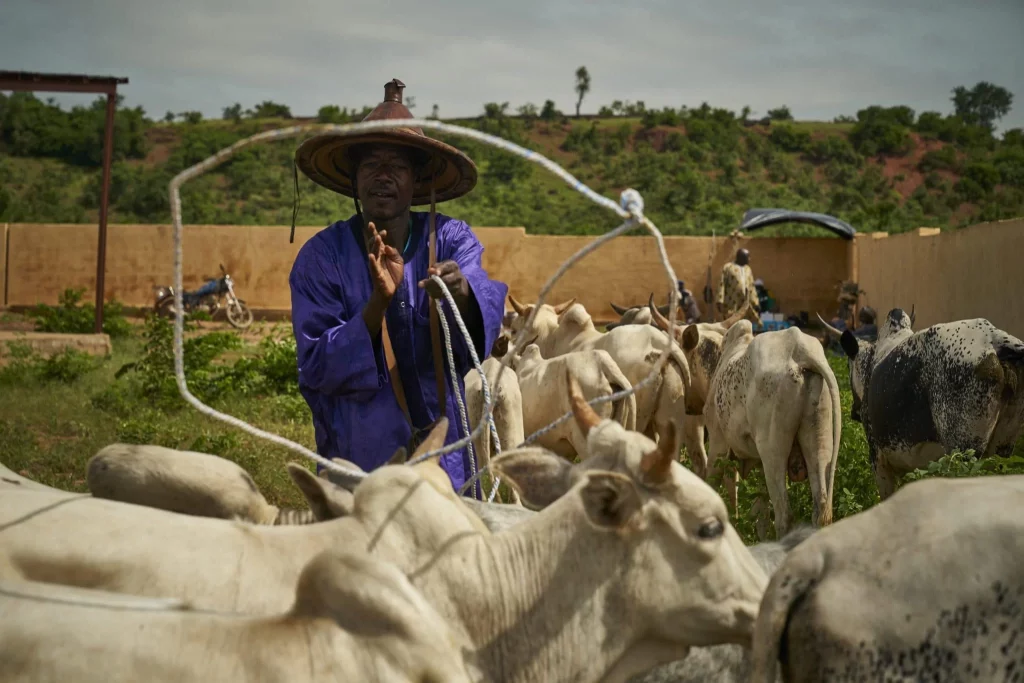
Context : Casamance, region at a border area strategically located between Gambia and the two Guineas, is characterized by its diversity of ecosystems and its geostrategic importance, but is also vulnerable to climate change and anthropogenic pressures. The local health system lacks evidence to assess specific climate risks. The project therefore proposes to use a vulnerability and adaptive capacity assessment (VCA) methodology to identify and prioritize appropriate solutions. Key project informations : Project duration January 01, 2025 to December 31, 2026 partners Sédhiou regional and departmental health departments. Directorate of Livestock, Environment... Read more
SHAPE – Sexual and reproductive Health Access and Promotion of Empowerment
11 December 2024
SIERRA LEONEOur areas of expertisePromoting Sexual and Reproductive Health and Rights
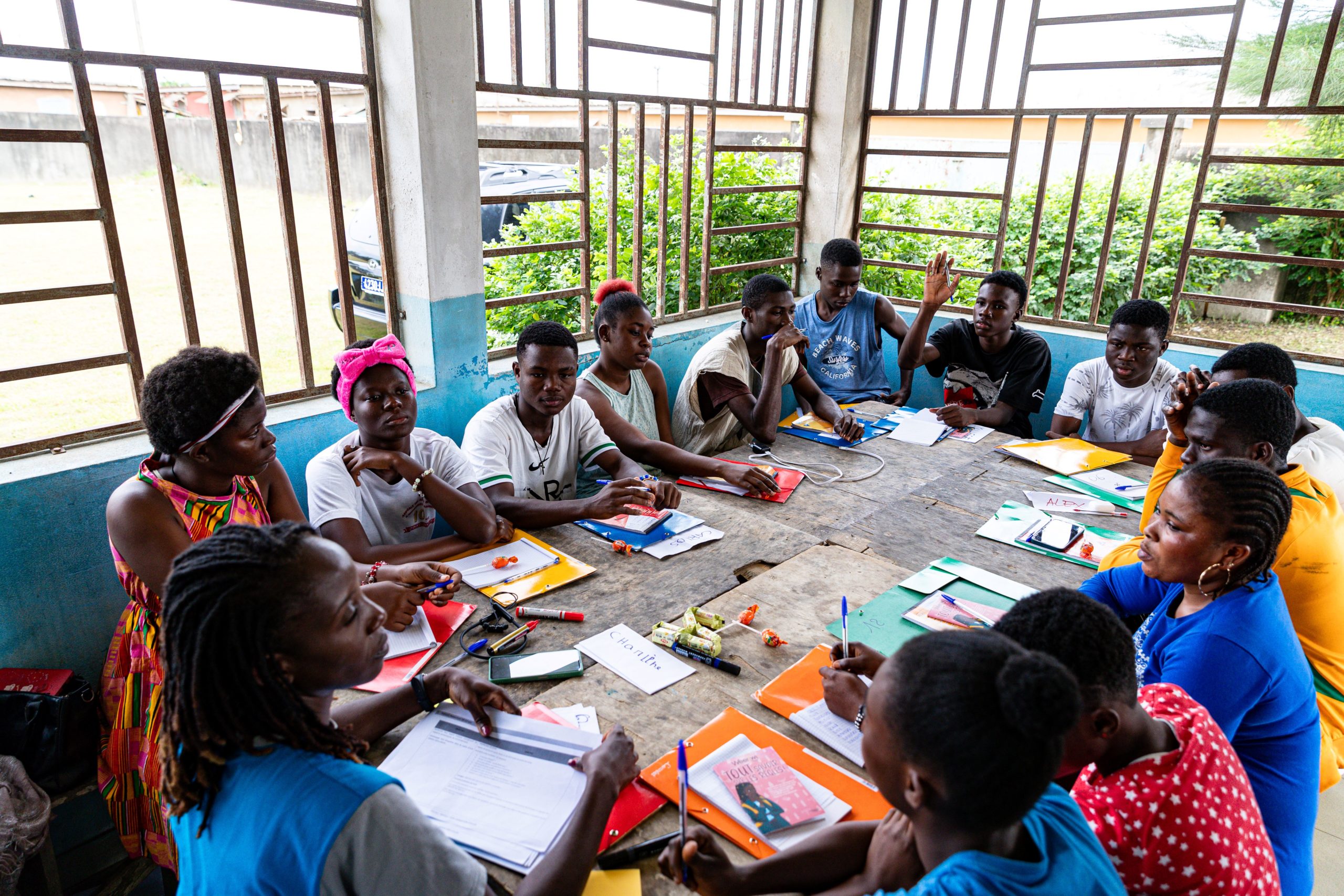
Context : In 2019, 21% of teenage girls in Sierra Leone had a child or were pregnant, and 82% of these pregnancies were unwanted (DHS 2016). In 2019, Sierra Leone had 717 maternal deaths per 100,000 births, one of the highest rates in the world. An estimated 40% of these maternal deaths occur in adolescent girls, with obstetric complications representing the 1st cause of death in this population (DHS 2019). Early pregnancy exposes adolescent girls to high risks of obstetric complications and maternal mortality, as well as stigmatisation and social and family rejection. Gender-based violence (GBV) affects 53% of women over the age of 15 in Sierra Leone, increasing the risk of... Read more
IMPAACT4HIV – Improving access to AHD care and treatment for HIV
24 July 2024
COTE D'IVOIRESIERRA LEONECAPACITY BUILDINGSTRENGTHENING SYSTEMS AND HEALTH SERVICESFighting HIV / AIDSInfectious and emerging diseases
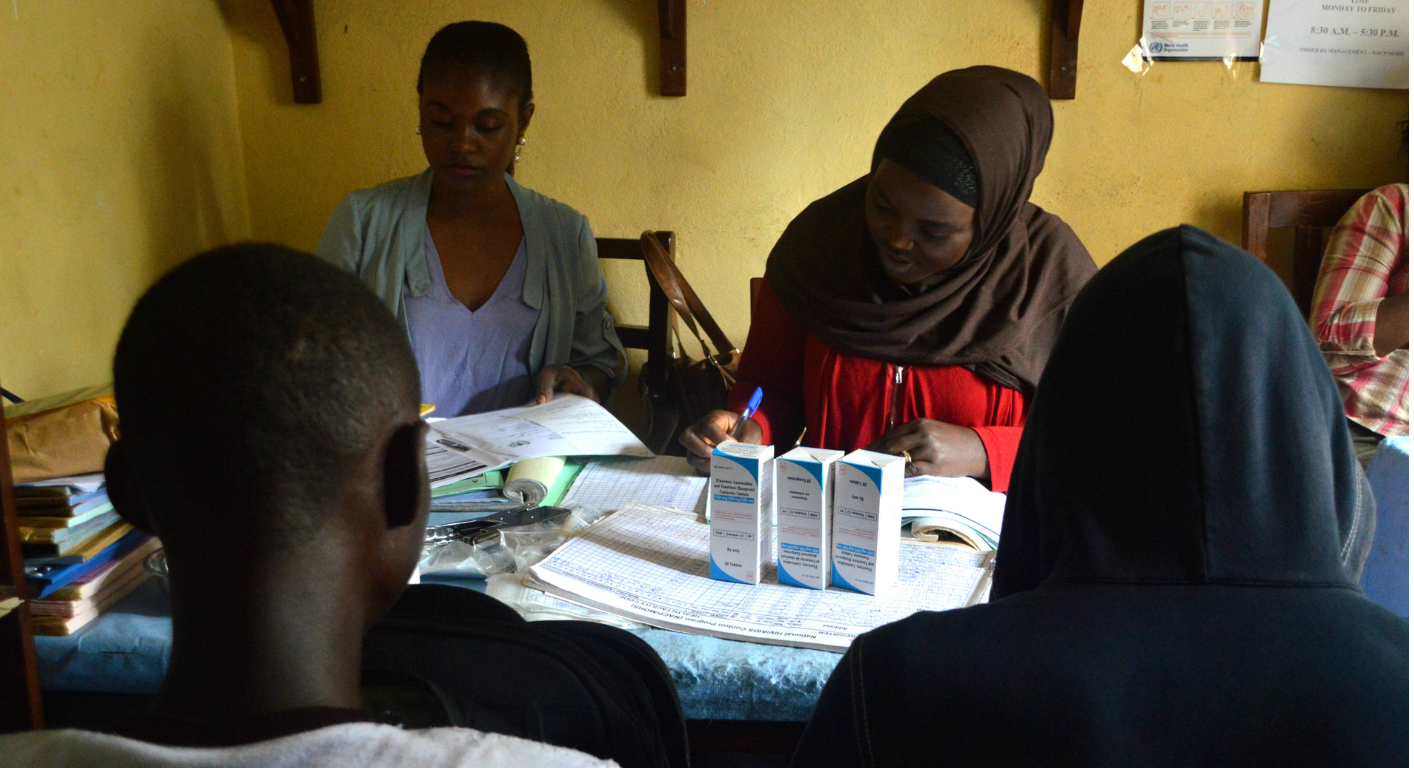
Context : Despite significant progress in access to ART (Antiretroviral Therapy), the number of deaths related to HIV/AIDS remains well above the set targets. Advanced HIV disease (AHD) (WHO stage 3 or 4 or CD4<200 cells/mm3), associated with a high number of opportunistic infections, is one of the main causes of these deaths. AHD therefore represents a major challenge in the global fight against HIV, particularly in sub-Saharan Africa, where the coverage of recommended interventions is suboptimal due to multifactorial barriers and gaps along the care cascade. Key information : Project Duration : 3.5 years (01/2024 - 06/2027) Partners Aurum Institute ... Read more
SUCCESS II – Scale Up Cervical Cancer Elimination with Secondary Prevention Strategy
8 May 2024
GUINEACAPACITY BUILDINGSTRENGTHENING SYSTEMS AND HEALTH SERVICESFighting HIV / AIDSInfectious and emerging diseases
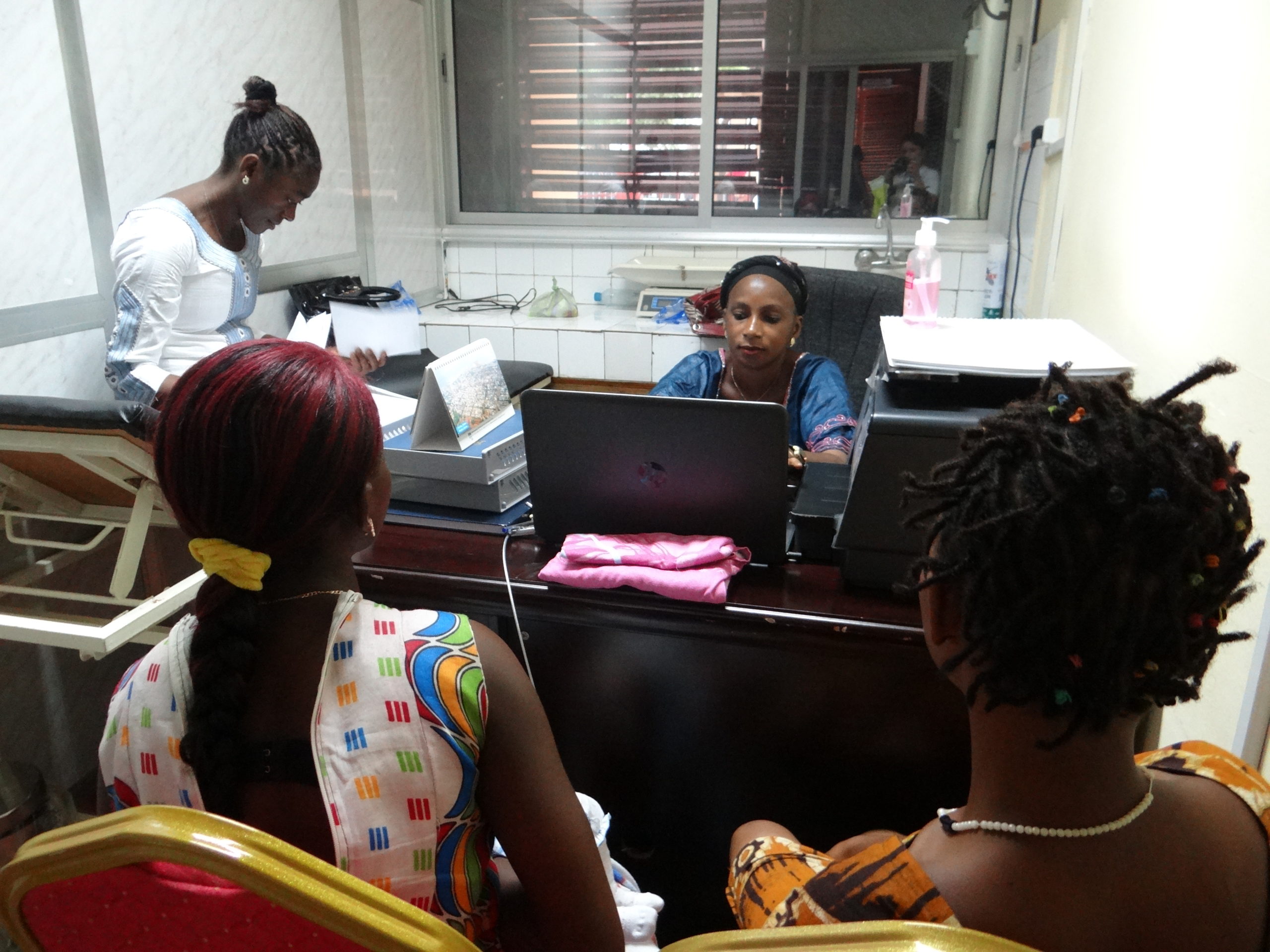
Context : The situation in Guinea is particularly worrying. Cervical cancer is the most deadly cancer in the country, accounting for 26% of cancer deaths, compared with 17.9% for liver cancer, the second leading cause of cancer mortality. In 2020, cervical cancer caused 1,500 deaths, representing an incidence of 30.5/100,000 in 2020 (51.1/100,000 age-standardized). A study carried out in Conakry in 2009 estimated the prevalence of cervical cancer in the general population at 50.8%. Faced with these challenges, our project aims to contribute to the elimination of cervical cancer in Guinea, with a particular focus on women living with HIV. Key project information Project... Read more
TRIPLE ELIMINATION – Pilot project to operationalize triple elimination of HIV, HBV and syphilis in Guinea
30 April 2024
GUINEACAPACITY BUILDINGSTRENGTHENING SYSTEMS AND HEALTH SERVICESFighting HIV / AIDSInfectious and emerging diseases
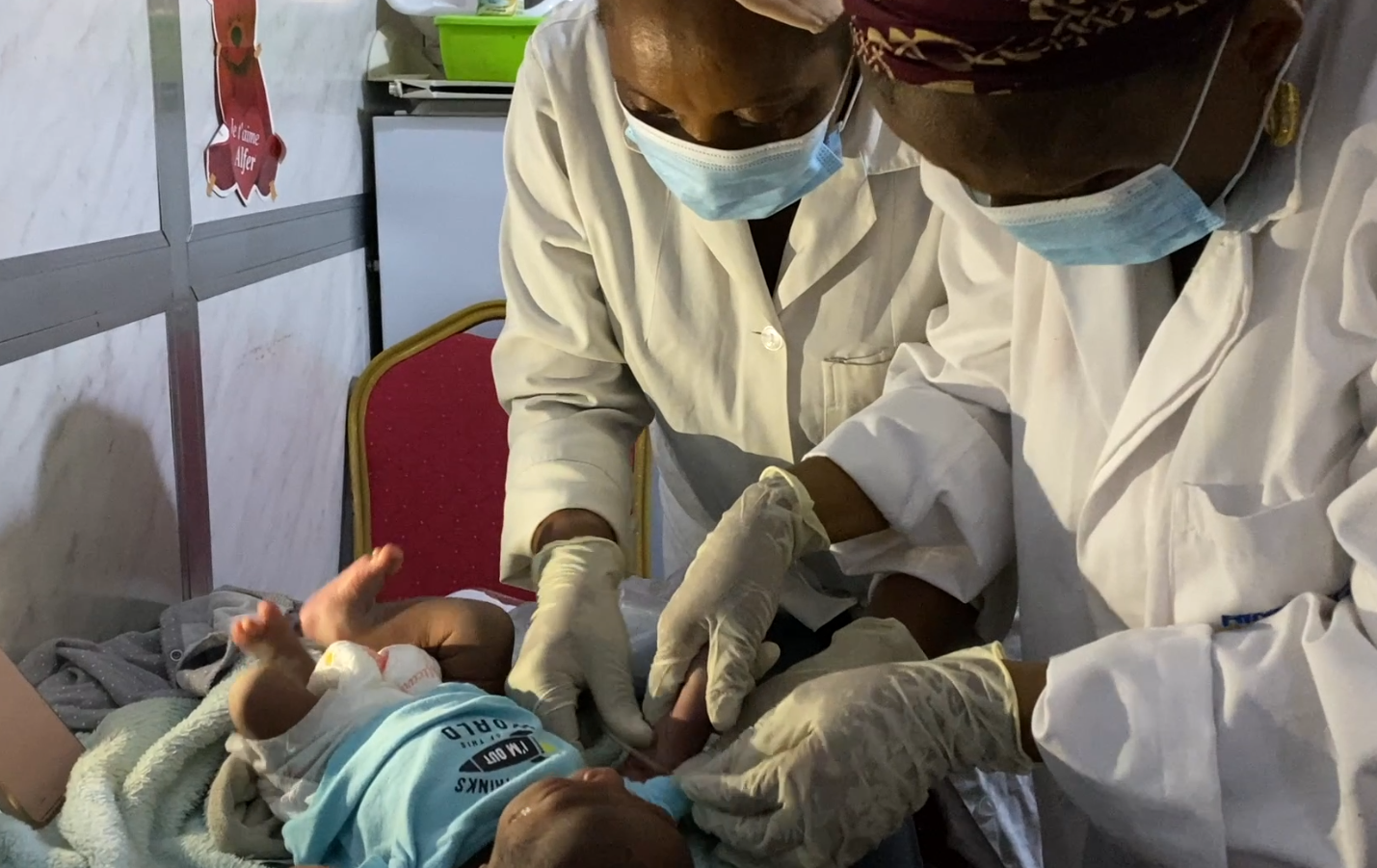
Context : Although progress has been made on a global scale, and the availability of diagnostic and therapeutic resources has enabled the WHO to pursue the goal of the triple elimination of MTCT of HIV, syphilis and HBV, the most fragile countries bear the double burden of high prevalence of these pandemics and weak health systems. In Guinea, the prevalence of HIV, syphilis and HBV among pregnant women is 1.5%, 0.5% and 10.2% respectively. 68% of women report difficulties in accessing healthcare. 75% of women remain hospitalized for less than 6 hours after delivery. 80% of women living with HIV receive antiretroviral treatment, but only 50% of newborns receive prophylaxis,... Read more
SHARE : Sharing HIV actions, results and experiences to support decision-making
15 March 2024
SIERRA LEONEFighting HIV / AIDSInfectious and emerging diseases
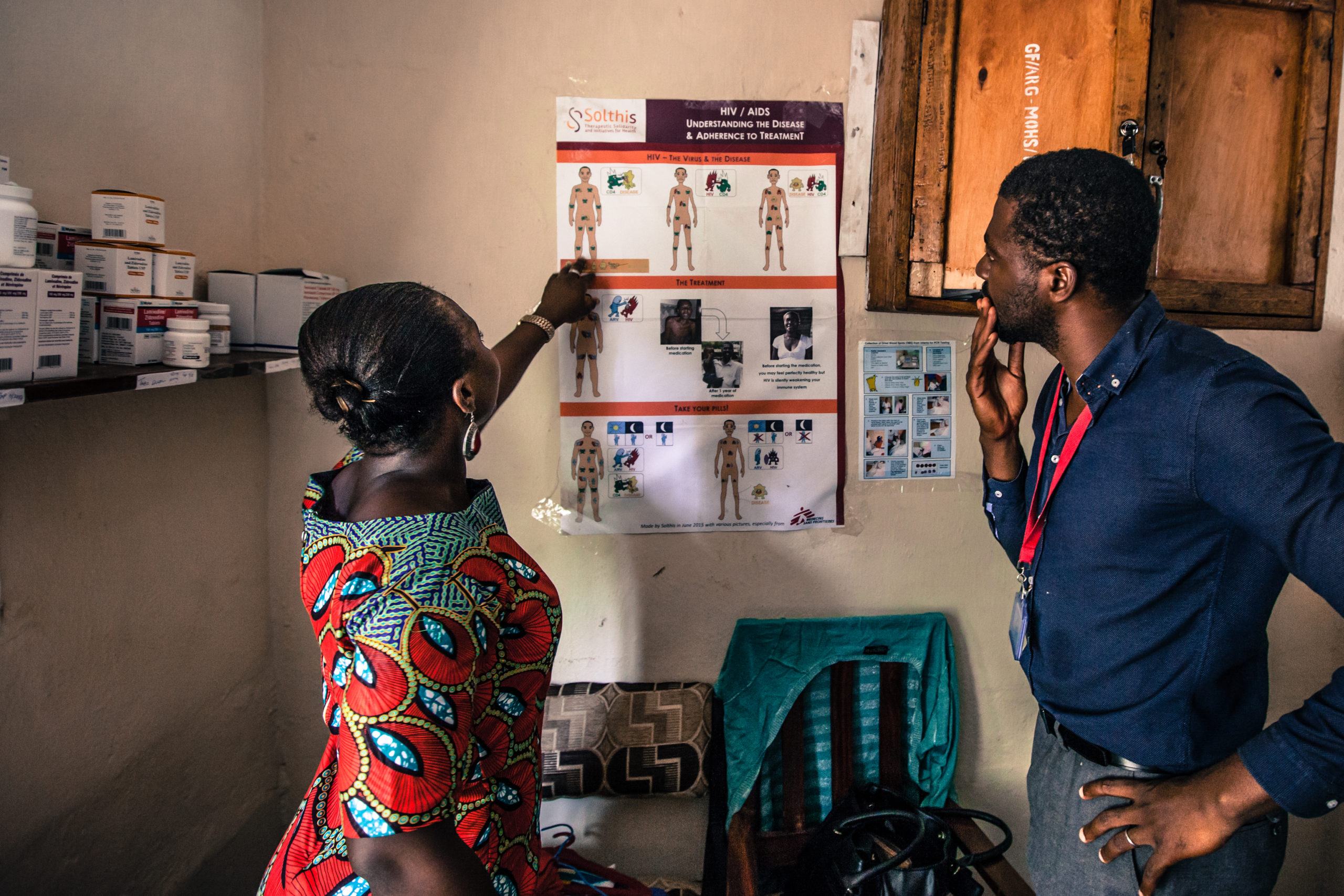
Context : In Sierra Leone, where 40% of the population is under 15, HIV prevalence rose from 0.9% in 2002 to 1.4% in 2020, two-thirds of whom are women. Only less than a third (29%) of the 80,000 people living with HIV/AIDS in the country were on antiretroviral treatment in 2020 (UNAIDS Sierra Leone), a far cry from the 95% target set by the international community. Eliminating mother-to-child transmission of HIV also remains a challenge for the country. Faced with these challenges, Sierra Leone is committed to improving the HIV response to accelerate the achievement of global HIV targets, and has already updated and developed various strategic and operational tools to guide the response,... Read more
AZANTCHI : Support for a national tutoring system in sexual and reproductive health and HIV
13 March 2024
NIGERCAPACITY BUILDINGSTRENGTHENING SYSTEMS AND HEALTH SERVICESPromoting Sexual and Reproductive Health and Rights
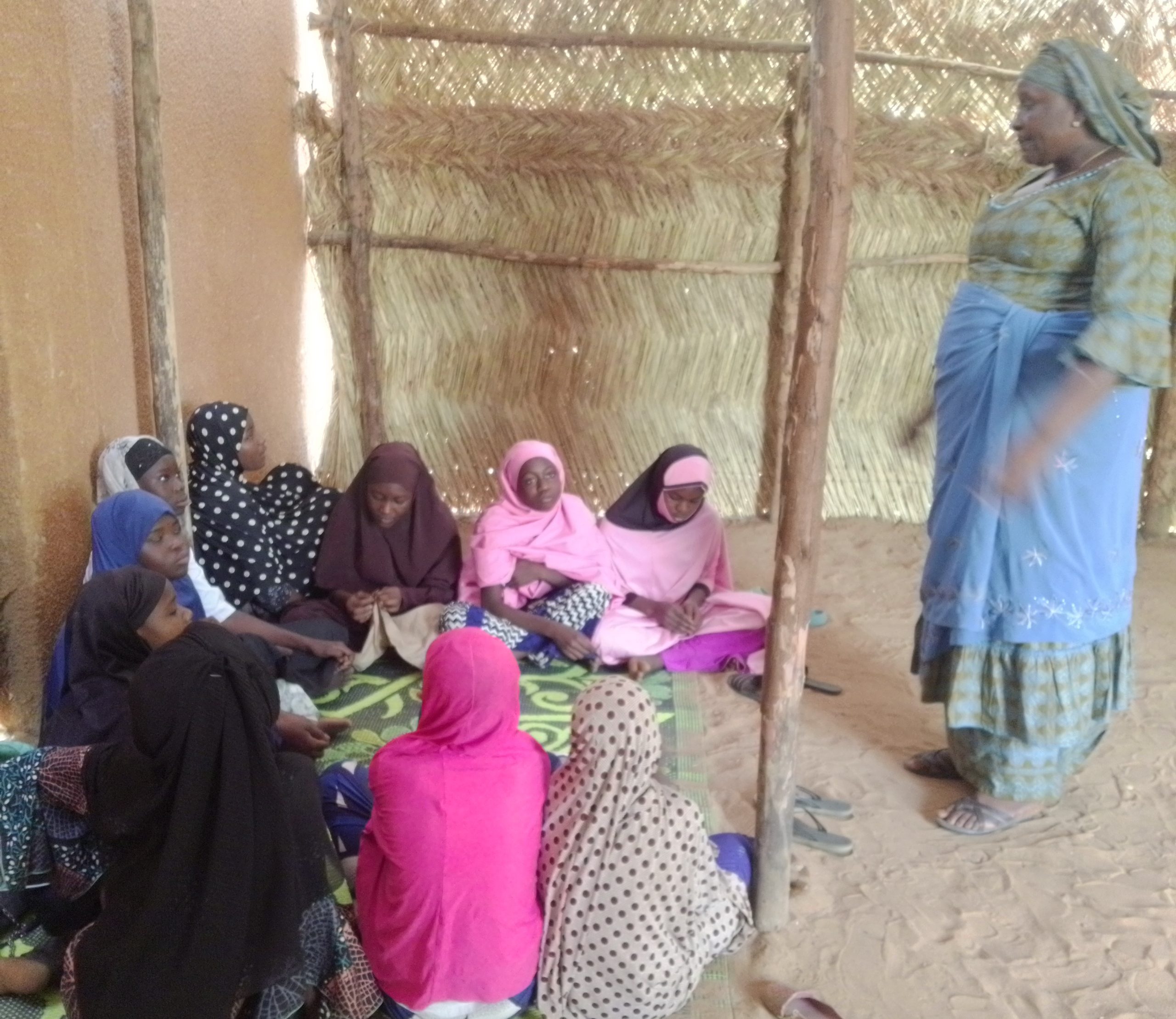
Context In Niger, where nearly 70% of the population is under the age of 25, young people represent a strategic challenge when it comes to improving sexual and reproductive health (SRH). Indicators on the sexual and reproductive health and rights of adolescents and young women reveal a worrying situation: 76% of girls are married before the age of 18, and 28% before the age of 15 (UNICEF); 5% of women aged 15 to 19 use modern methods of contraception (EDSN-MICS, 2017); 50% of girls under 19 have already had a child (EDSN-MICS, 2017). In addition, multiple barriers remain concerning access to SRH services: gender inequalities, low socioeconomic status, low levels of... Read more
IMPULSE : Empowering Healthcare Systems by Involving Users
22 January 2024
GUINEACAPACITY BUILDINGSTRENGTHENING SYSTEMS AND HEALTH SERVICESFighting HIV / AIDSInfectious and emerging diseases
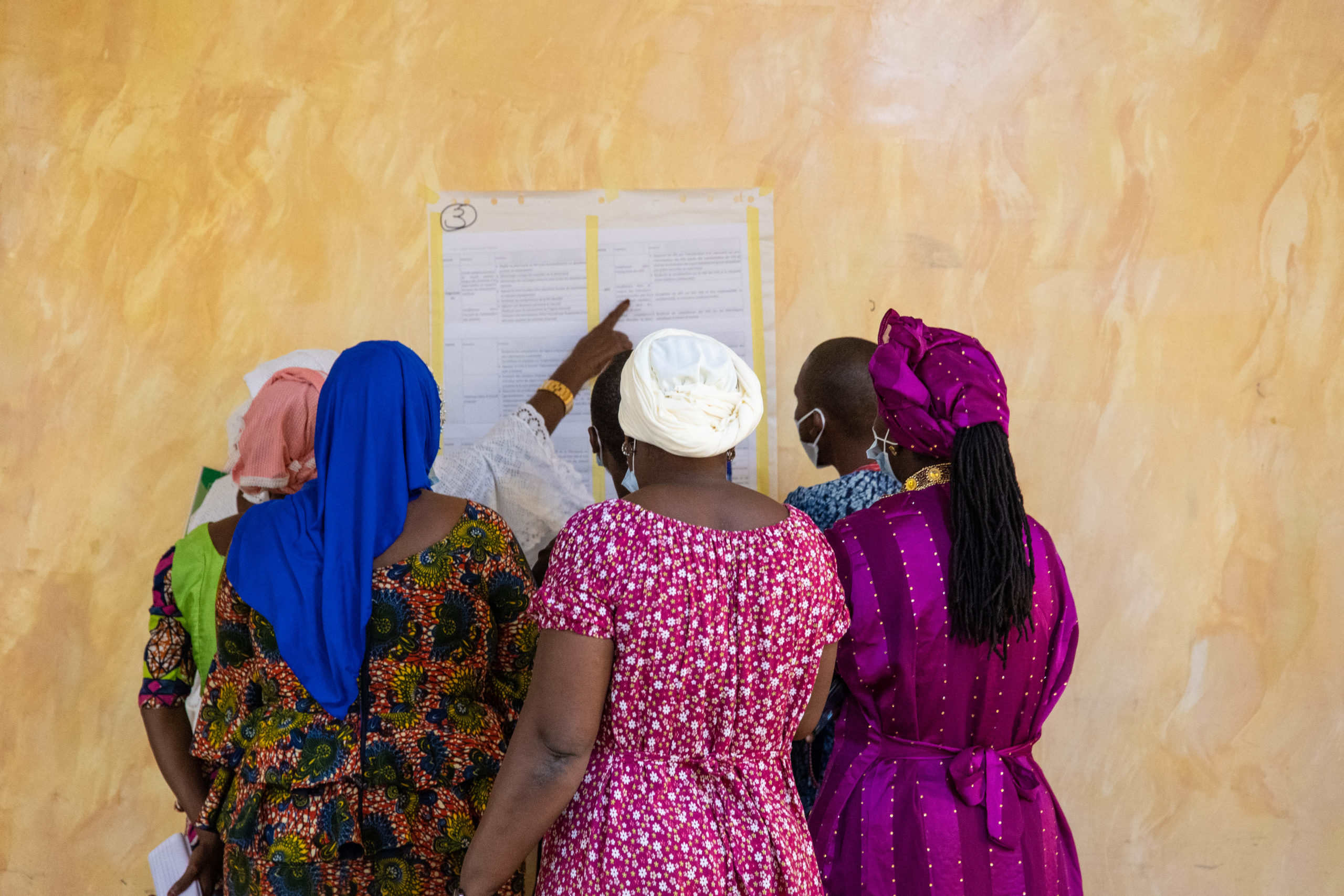
Context : In 2020, according to UNAIDS statistics, Guinea had an HIV prevalence rate of 1.4%, or around 110,000 people living with HIV, two-thirds of whom are women. With 7,362 inhabitants per health center and 279,103 inhabitants per bed*, health indicators testify to the pressure exerted on medical infrastructures. This leads to persistent shortcomings in quality of care, patient retention and adherence, underlining the need for institutional action to strengthen the national response to HIV. In addition, the weak capacity of Guinean civil society hinders their mobilization to defend the rights of people living with HIV. Key information : Project Duration July 2023 -... Read more
TPE ADVIH : HIV self-testing in Côte d’Ivoire: nationwide roll-out of an innovative tool to improve access to testing for most-at-risk populations
8 November 2023
STRENGTHENING SYSTEMS AND HEALTH SERVICESFighting HIV / AIDSInfectious and emerging diseases

Context : After decades of screening limited to offers within health structures, community screening strategies have more recently enabled demedicalization, but still do not reach the hardest-to-reach populations. HIVST contributes to this dynamic by making it possible to go further in terms of access to testing, while empowering the user. In Côte d'Ivoire, the HIV epidemic has a prevalence of 1.82% in the general population (240,000 adult women vs. 120,000 adult men). Key populations: Sex workers (SW) (4.8%), men who have sex with men (MSM) (7.7%) and drug users (DU) (3.4%), who account for the majority of new infections. 96% of people living with HIV (PLwHIV) diagnosed have... Read more
Multiannual Partnership Agreement (MPA): Contributing to the strengthening of public and community health systems and services, and to the empowerment of individuals and organisations.
10 July 2023

Context : Despite historic progress over the last years, West Africa is one of the most fragile regions in the world when it comes to social and health indicators, particularly when it comes to gender inequalities. This worrying situation is due to an accumulation of complex factors: multiple chronic crises (political, climatic, epidemic) that the region is going through, all of which contribute to making health systems more fragile, as well as a set of socio-cultural factors that make certain categories of the population particularly vulnerable. Against this backdrop, strengthening healthcare systems and empowering communities would appear to be essential to fostering the resilience of... Read more
C’est la vie! Phase II Sexual and Reproductive Health of Adolescents and Young People in West Africa
4 July 2023
BURKINA FASONIGERSTRENGTHENING SYSTEMS AND HEALTH SERVICESPromoting Sexual and Reproductive Health and Rights
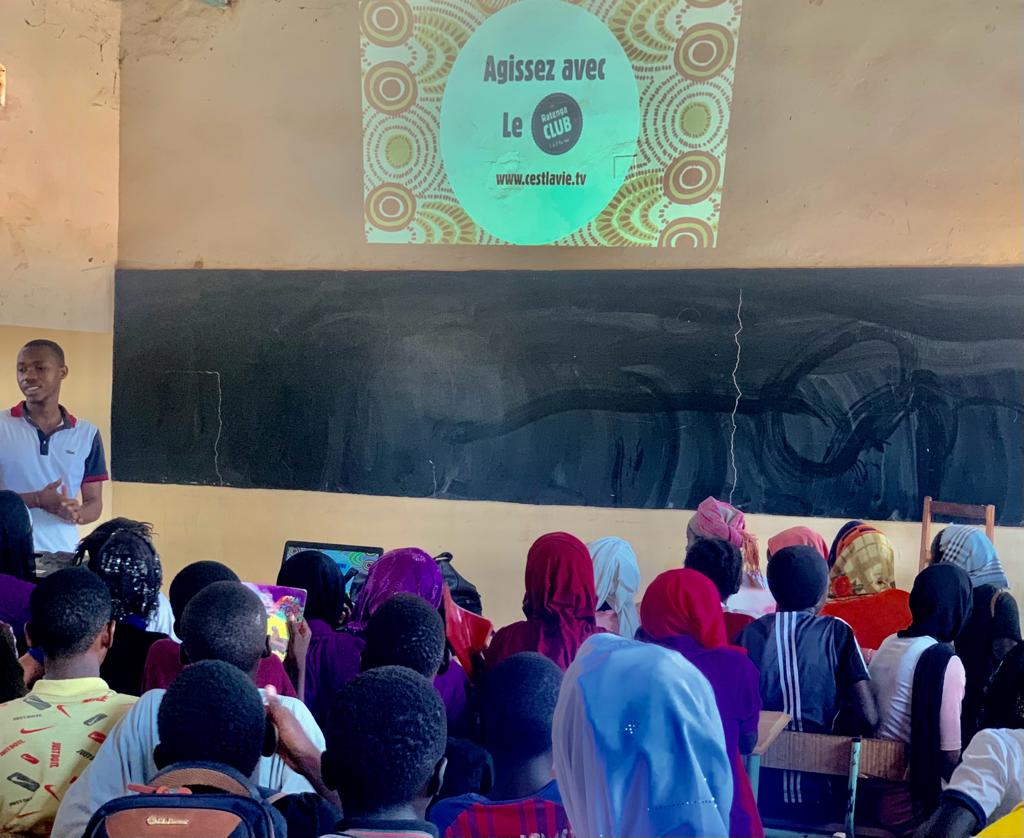
Context: In West Africa, health care and services are not adapted to the needs of young adults. Contraception is not available, access to free healthcare is limited, there are no prevention programmes and legislation is restrictive when it comes to screening minors. Statistics show that 28% of women aged between 20 and 24 have already given birth before the age of 18, that 60% of children are already wives, with 4 out of 10 girls married before the age of 18, and that one girl in four who has been married has suffered physical, emotional or sexual violence. In addition, the region has the highest fertility rate in the world, with 129 births per 1,000 young women aged between 15 and... Read more
PROSSAN 2: Programme for strengthening health systems and services in Côte d’Ivoire, Liberia and Sierra Leone Phase 2
12 May 2023
SIERRA LEONESTRENGTHENING SYSTEMS AND HEALTH SERVICES
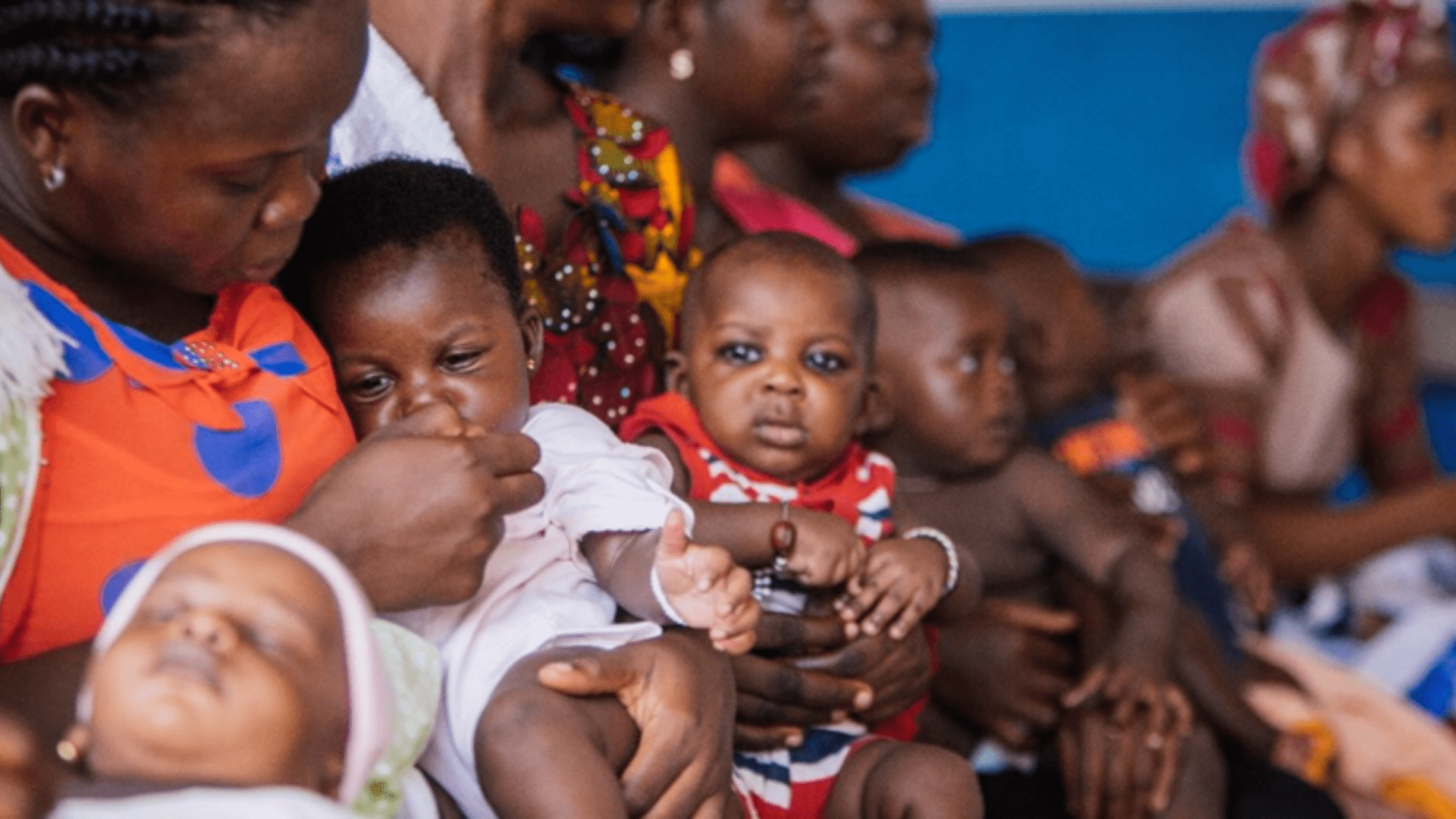
Context : Côte d'Ivoire, Liberia and Sierra Leone have low national health indicators. The maternal mortality rate is very high, reaching 617 deaths per 100,000 births in Côte d'Ivoire, 661/100,000 in Liberia and 1,120/100,000 in Sierra Leone (the highest rate in the world). Young girls are particularly vulnerable to early marriage and pregnancy, while HIV/AIDS prevalence is higher among women than men, reaching 2.9% in Côte d'Ivoire. In addition, a large number of people living with HIV do not know their status, including 23% in Côte d'Ivoire and 35% in Liberia. Antiretroviral treatment coverage is also low in all three countries, with only 75% of people living with HIV... Read more
